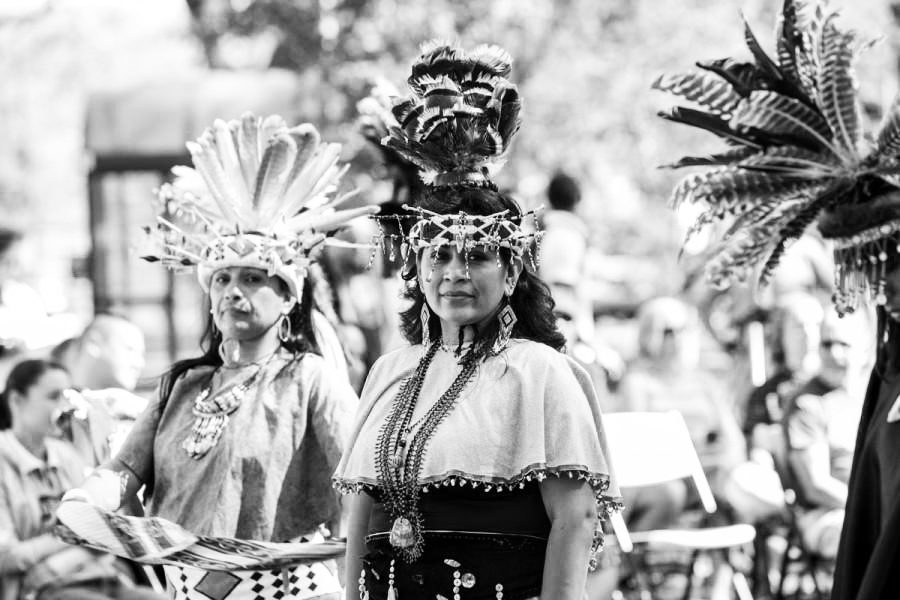Since 1937 the United States has been celebrating Columbus Day as a national holiday. However, our nation’s indigenous people—the people here before Columbus’s arrival—have often felt left out of America’s history. Activists have fought to change the name of Columbus Day to Indigenous People’s Day for many years. They refuse to commemorate a man they consider a war criminal, one who committed genocide and enslaved the native populations in the regions he explored.
After the city of Seattle voted in 2014 to change the holiday’s name from Columbus Day to Indigenous People’s Day, Seattle city council member Kshama Sawant said, “Learning about the history of Columbus and transforming this day into a celebration of indigenous people and a celebration of social justice … allows us to make a connection between this painful history and the ongoing marginalization, discrimination, and poverty that indigenous communities face to this day.”
Santa Rosa Junior College recognizes both Columbus Day and Indigenous People’s Day. SRJC celebrated Indigenous People’s Day for the first time in 2015. As part of this year’s celebration, the college’s board of trustees will sign a new resolution officially adopting Oct. 12 as Indigenous People’s Day. The celebration includes a formal reading of the resolution, performances from the Native Resistance Drum Group and Pomo Dance Group, and a guest speaker, Bill Means of the Oglala Lakota.
There’s no doubt that Columbus treated our nation’s indigenous people terribly, but I believe the Columbus Day primarily celebrates the discovery of the New World. It’s understandable why the indigenous people and other activists are against naming a federal holiday after Columbus. But it’s equally important to acknowledge that without Columbus’s contributions, the formation of the United States would might occur differently.
The search for positive change is always based on perspective. In this case, changing Columbus Day to Indigenous People’s Day is also a matter of perspective. I’m willing to accept Columbus’s contributions for what they were, but I respect the contributions the indigenous people made to our country’s history as well. Respecting Columbus’s contributions doesn’t necessarily mean you need to like the man personally.
Many explorers during Columbus’s time were mostly out for themselves and obtained honor from their national leaders. If Columbus hadn’t come, another explorer would have, and would have done something similar to what Columbus did, simply because of the beliefs of his time.
So in choosing to adopt a declaration proclaiming Indigenous People’s Day while keeping Columbus Day on the calendar, SRJC is taking a middle-of-the-road stance, one that seems in keeping with the times.


